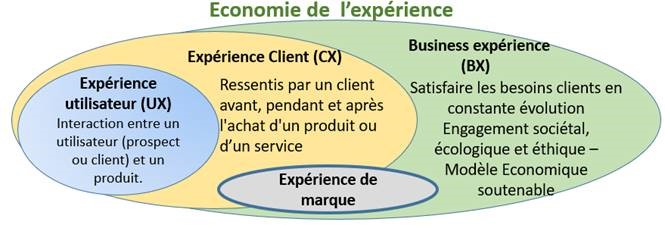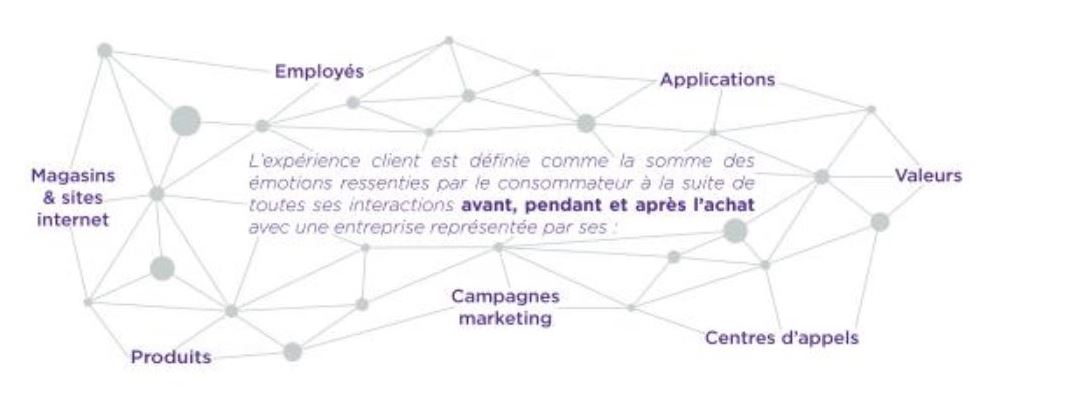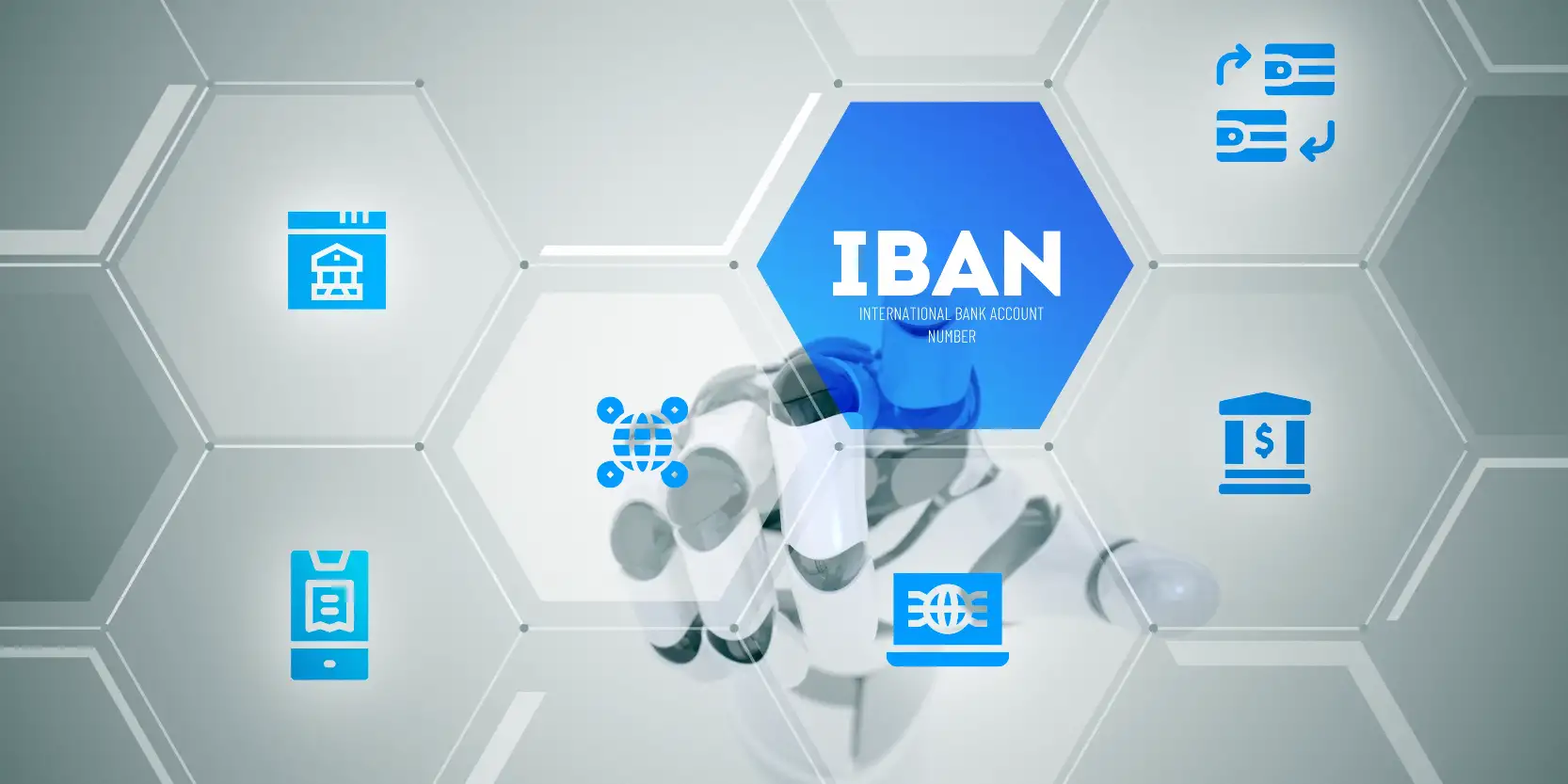The Business of Experience: a growth lever for the sustainable enterprise
The new demands of sustainability are driving the evolution of the Customer Experience (CX ) to a new approach in which the entire enterprise is reorganized into an innovative experience environment. The goal is to satisfy customer needs, which are often unmet. This is called the Business of Experience (BX), or the evolution of the customer experience. To achieve this, the company must:
- Engage and interact with customers around an agile and resilient organization process to meet their evolving needs.
- Adapting to changes brought about by sustainability.
- Rethink the entire value chain through the prism of experience.
These are the points we will address in this article after defining the Customer Experience, and then the Business Experience concept in more detail. We will conclude on the evolution of the buying behavior.
Customer Experience influences customer satisfaction and loyalty
Closely related to the concept of "Customer Journey", the Customer Experience refers to all the emotions and feelings felt by a customer before, during and after the purchase of a product or service. It is :
- The global footprint left by the different touch points, and is built from all experiences before, during and after the purchase act.
- A major differentiation lever; it naturally influences direct recommendation (word of mouth, reviews, sponsorship, etc.).
- Possibly divided into several experience phases of varying importance such as thepurchase experience, thedelivery experience, the product use/consumption experience, the after-sales service/customer support experience.
The Business of Experience goes beyond the customer experience, and is defined by the new realities of sustainability
The "Business of experience", evolution of the Customer Experience, is more and more present in the evolution of companies in search of performance and sustainability. It is built on an approach where the company reinvents itself, while reorganizing itself around :
- Experiences linked to customer needs and not the other way around. This movement translates into a more reliable personalized service in shared interaction with customer needs and desires.
- Societal, ecological and ethical commitments based on values of trust and transparency, in order to gain legitimacy.
- A culture of innovation based on employee empowerment that encourages employee initiative while fostering autonomy.
- Changes in economic models towards so-called sustainable models, such as eco-design, short circuits, circular, inclusive, collaborative or functional economies.

The Business of Experience, based on an economy of experiences, is an essential lever of competitiveness
A priority for organizations, companies must build and deliver a comprehensive set of experiences to create trust where:
- Memory itself becomes a product of experience.
- The value of the offers is measured on a more global approach and criteria of purchase decision adjusted to the use, evolves towards the quality, the notion of the "true" price, the ethics, the eco-responsibility, the environmental performances of the products or the services.
- Consumers are becoming more attentive to the behavior of companies and to the manufacturing methods of the products they buy; they do not hesitate to resort to boycotts when a company does not provide sufficient proof of its social or environmental commitment.
- Current and future sustainability regulations are driving new corporate behavior in purchasing, investment and social practices.



